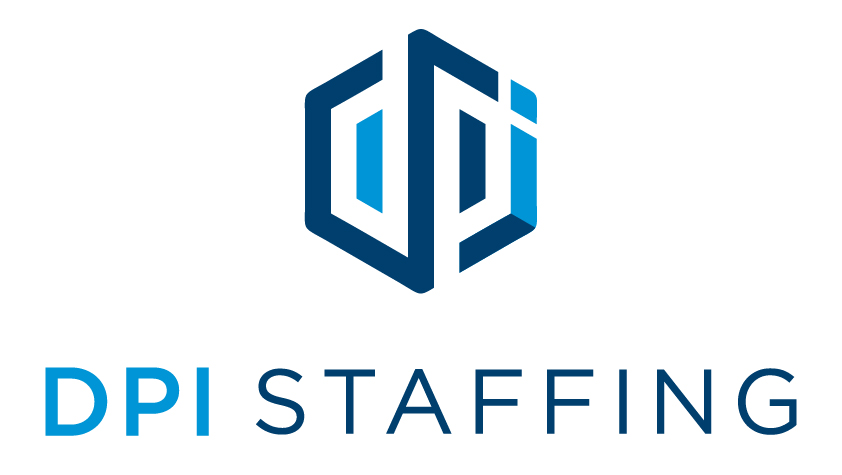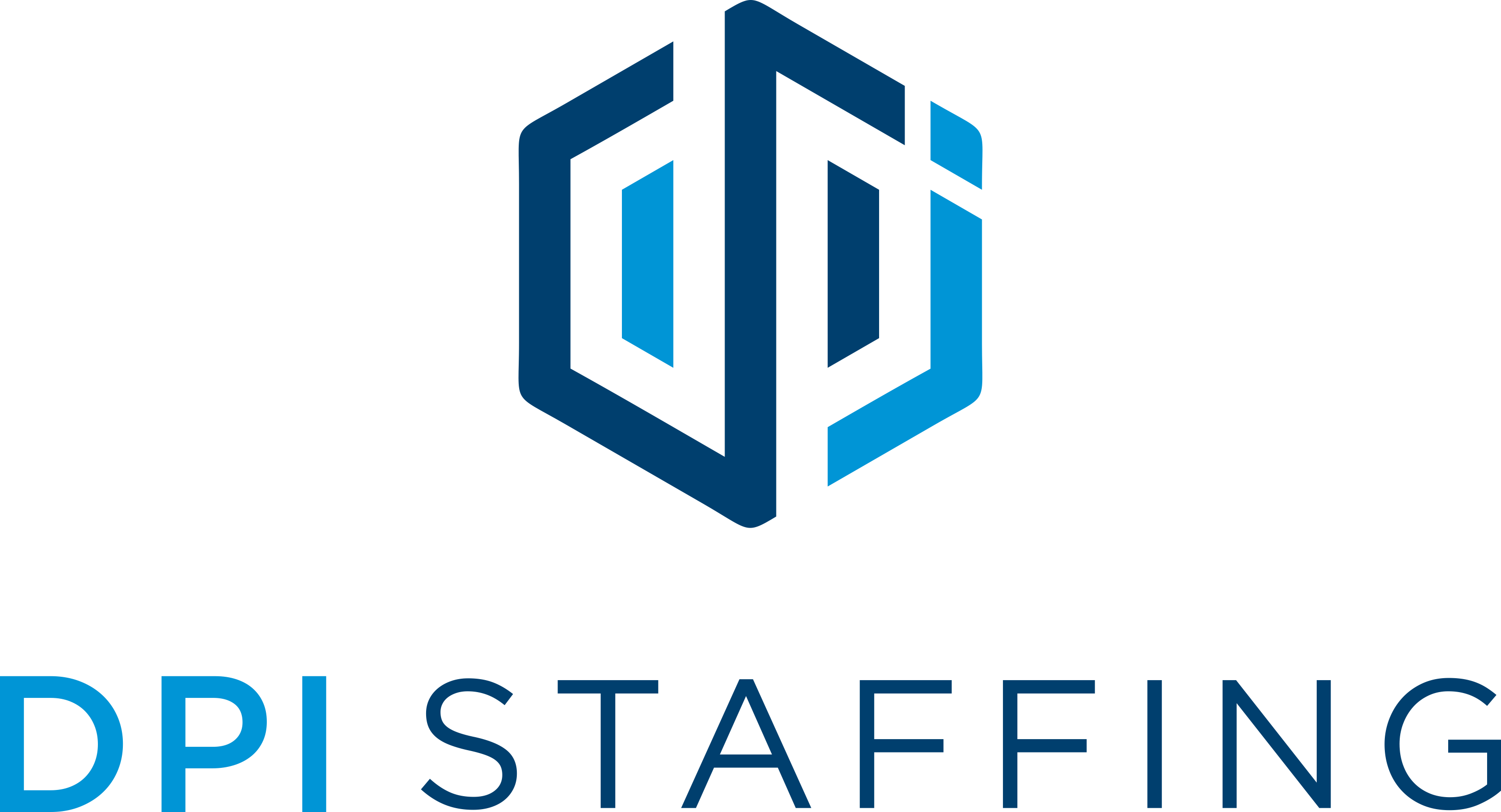A recent survey conducted by the Oregon Employment Department indicates that businesses are having trouble hiring for many vacant positions. Oregon employers reported that with the low Oregon unemployment rate, almost half of their job vacancies in 2013 were “difficult to fill.”
Report Highlights
A few points of interest from the report include:
» A lack of qualified candidates and lack of applicants were the top two reasons employers had trouble filling positions.
» Positions employers had the most difficulties filling included drivers (tractors and trucks), farmworkers and laborers, personal care and home health aides, and customer service representatives.
» Jobs that required post-secondary training, but not a college degree, were more difficult to fill.
» Employers in the Portland metro area had the least difficulty, while those in Northwest Oregon, the Willamette Valley and Eastern Oregon had the most difficulty.
Similar Challenges Around the Nation
But this issue isn’t limited to Oregon. Employers around the nation are struggling to find qualified employees, especially skilled trade workers for manufacturing and construction. And workforce trends indicate the shortage of skilled workers is likely to increase. The Bureau of Labor Statistics estimates that 50.6 million jobs will open between 2012 and 2022. More than 2/3 of these openings are to replace workers who permanently leave an occupation. That includes baby boomers who will be retiring, and will likely be challenging to fill.
Unfilled positions can cost companies thousands of dollars. A recent study from CareerBuilder found that on average, companies lose more than $14,000 for each job that stays vacant three months or longer. And 35% of employers surveyed reported that they had experienced vacancies of this length. Even as positions go unfilled, hiring managers are spending significant time, money and other resources to recruit and vet potential hires.
So when faced with a tough position to fill or one that has long been vacant, what’s a business to do? Enlisting the services of a staffing firm is a viable option. Staffing companies have extensive experience hiring for positions that are the most challenging to fill. So they have effective recruiting techniques to reach qualified candidates, which can cut down on the time your positions remain vacant.
A staffing company can also advise you on competitive wage ranges and other factors that attract candidates. And since staffing firms typically charge fixed rates, you pay the same amount regardless of whether a recruiter spends two hours or 20 hours hiring for your position.





